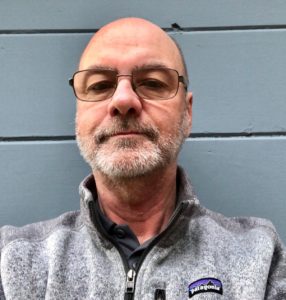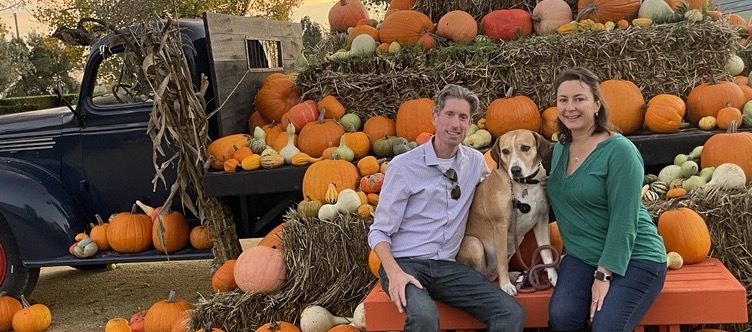Managed services is a core function of what ZAG offers to clients, providing external IT resources for companies. As part of the role we play, we’re constantly looking for ways to create more streamlined operations for the clients we serve. This is where Operations Strategist Karl Braun comes in.
Calling on more than 40 years in the industry, Karl helps identify ways that ZAG can provide maximum benefit to clients as part of their managed services agreement. As part of the Service Delivery team, he is heavily involved with making sure ZAG can help clients achieve a competitive advantage with the technology they’ve implemented.
Here, we get to know Karl a little more:

How long have you worked at ZAG?
13 years
How and when did you get your start in the technology industry?
I was at the University of Texas at Arlington working on a mechanical engineering degree. My mother worked at a bank and got me a job running a check sorter, which was in the computer room, and I got the bug.
Why did you decide to join ZAG?
I’ve known ZAG President Greg Gatzke since the 1990s. Greg, as well as Austin Ahern (ZAG Client Operations Manager), and Jim (ZAG Chief Technology Officer) worked for me before Greg founded ZAG, rolling out new sales offices for Novell, as well as building out our Network Operations Centers. Later, when I was a Network and Systems Operations manager for an ASP start-up, ZAG assisted us with implementing systems for our customers out at the Exodus data center. I had been freelancing since the technology crash in 2001, and Greg needed help managing one of ZAG’s larger Ag customers, and I happened to live in the area. He invited me to help, and it was a perfect fit.
What are the responsibilities you have in your role at ZAG?
My title is Operations Strategist. My role has evolved from a Technical Project Manager to focusing on how managed services providers (MSPs) manage IT operations for their clients, at both large and small scales, to provide efficiencies for all of ZAG’s clients. It’s a tough nut to crack. Efficiencies change as the client’s size (number of sites, number of employees, domestic versus international, etc.) changes. Finding the sweet spot so we can provide maximum benefit for minimal cost is challenging, but having done IT operations for over 40 years, that’s what I’m into.
How would you describe your job to a class of kindergartners?
Trying to get computers to talk to each other in the way people want them to is like putting together a really big puzzle. I help people figure out the best way to solve the puzzle.
What would you be doing for a career if you weren’t in IT?
I’d be an academic for sure. I love philosophy, science, and engineering, and I’m pretty sure I’d still be in some dank university building working on ethics and metaphysics if I hadn’t gotten into IT.
What do you like most about your job?
Helping people solve problems. But mostly, it’s the people I work with. Greg has put together a great business culture with the right values. It’s why I’ve worked with him so much over the past 3 decades.
What is the best career lesson you’ve learned so far?
What I’ve told my kids as they’ve grown into adults and have started working on their careers, and what I tell young people just getting started: It’s more about who you know and the connections you make than building a resume. Focus on helping people solve their problems, and you will always have opportunities.
What is one piece of professional advice that you’ve received that stuck with you through the years?
Don’t sweat the small stuff; and by the way: it’s all small stuff. Oddly, this is the hardest lesson I’m still trying to learn.
And for some personal questions…
What was your first job?
Setup work in a pizza joint. Rolling out the dough, cutting out the skins, and getting them ready for assembly.
Do you have any hobbies or interests you’d like to share?
I continue to study philosophy. But also, I spent several years doing operating system coding working with the engineers designing systems. I still fool around with microcontrollers and am trying to build out my own Wi-Fi-based weather monitoring station.
Tell us a little about your family.
Blended family. I have two biological kids: a daughter, 28, and a son, 26. My wife also has a boy, 26; that’s how I met her (our boys were going to the same school and were good friends). My wife is an editor for a counter-terrorism journal at the Naval Post-Graduate School in Monterey.
What piece of advice would you give to your younger self?
Just don’t sweat the small stuff. Really. It’s not worth it. Also: you’ll be working on that for a long time.



